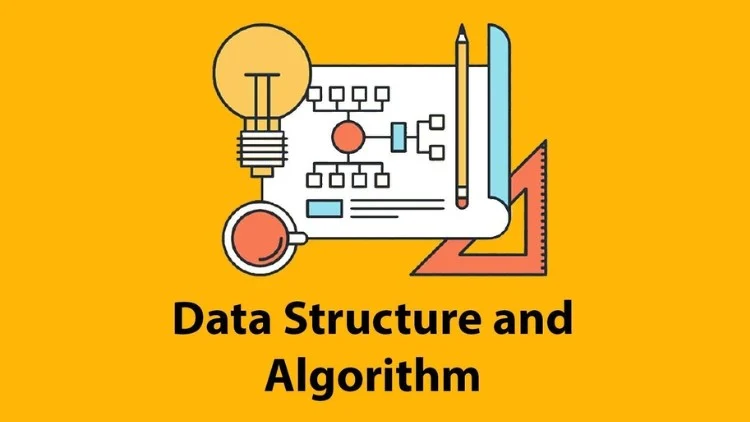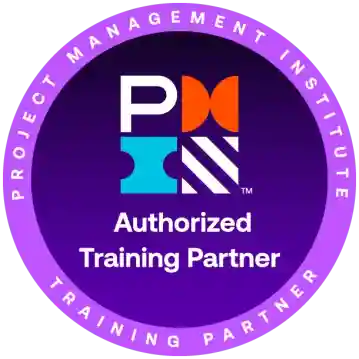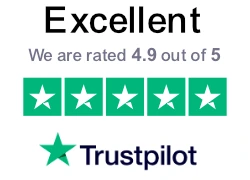Mastering data structures and algorithms is the key to excelling in technical interviews and becoming a skilled problem-solver. Top tech companies like Google, Amazon, and Microsoft assess candidates based on their ability to solve complex algorithmic challenges. Without rigorous practice, even experienced developers struggle to perform well under pressure. Enhance your preparation with Data Structures and Algorithms Practice Tests to boost your skills and confidence.
With 420+ unique, exam-style questions and 9 full-length, timed practice tests, you will gain the confidence and knowledge needed to pass the certification on your first attempt. These Data Structures and Algorithms Mock Tests course is designed to bridge that gap, providing an extensive set of practice questions covering all fundamental and advanced concepts in data structures and algorithms. Whether you are a beginner looking to strengthen your foundation or an experienced developer preparing for FAANG-level interviews, this course will help you build the confidence to tackle any coding challenge.
By enrolling, you will gain access to carefully curated practice tests ensuring a deep understanding of core principles. Unlike other courses that focus only on theory, this course emphasizes real-world problem-solving, preparing you for both coding assessments and software development roles.
Gururo is a PMI Authorized Training Partner
At-a-glance
Best for
- Computer science students
- Engineers
- Professional developers
- Bootcamp graduates
Why Gururo?
- Lowest Cost
- PMI Authorized Training Partner (ATP)
- 24*7 Support
- 365 days access
Course Details
- 9 full-length practice exams
- 420+ challenging questions
- Instant Access
- Certificate of Completion
Highlights
- Realistic Exam Simulation
- Aligned with latest DSA exam syllabus
- Progress Tracking & Review option
- Unlimited Attempts
What You’ll Gain
- Implement fundamental of data structures such as arrays, linked lists, stacks, queues, and trees with real-world applications.
- Master key algorithmic paradigms, including divide-and-conquer, dynamic programming, and greedy algorithms.
- Develop a deep understanding of sorting and searching algorithms and their time complexities.
- Apply string manipulation techniques, including pattern matching and text processing, to solve common challenges.
- Solve complex problems using graph algorithms, spanning trees, and shortest path techniques.
- Strengthen problem-solving skills through hands-on coding exercises and algorithmic challenges.
- Analyze and optimize algorithms for efficiency, ensuring better performance in technical assessments.
- Gain exposure to industry-relevant coding patterns and interview strategies for top tech companies.
- Build confidence in technical interviews by practicing with a variety of real-world coding problems.
What’s included?
- 9 Full-Length Data Structures & Algorithms Mock Exams – 420+ total questions designed to cover all critical aspects of the Data Structures & Algorithms exam.
- Unlimited Retakes – Practice as many times as needed to achieve mastery.
- Timed Exam Simulations – Develop speed and accuracy with real-world exam conditions.
- 365 Days Access – Study anytime, anywhere, with 365 Days Access.
Why choose this course?
This course provides a structured and hands-on approach to mastering data structures and algorithms. Each section is tailored to strengthen your problem-solving ability with four dedicated practice tests covering essential topics:
1. Core Data Structures:
- Understand and implement key data structures such as arrays, linked lists, stacks, queues, and trees.
- Learn how to choose the right data structure for specific problems to improve efficiency.
2. Algorithmic Paradigms:
- Master sorting and searching algorithms, including quicksort, mergesort, and binary search.
- Explore essential algorithm design techniques such as divide-and-conquer, dynamic programming, and greedy algorithms.
3. String Manipulation Techniques:
- Solve real-world problems involving string pattern matching, text processing, and substring search.
- Learn how companies use string algorithms in applications like search engines and data validation.
4. Advanced Concepts:
- Tackle complex topics such as graph algorithms, optimization techniques, and recursion.
- Understand advanced problem-solving strategies to improve your performance in coding interviews.
Course Requirements / Prerequisites
- Familiarity with at least one programming language, such as Python, Java, or C++.
- Basic understanding of core data structures, including arrays and linked lists.
- Fundamental knowledge of mathematical concepts like algebra and discrete mathematics.
- Willingness to engage in algorithmic thinking and complex problem-solving.
- Ability to read and write basic code snippets for implementing data structures and algorithms.
- Interest in improving coding efficiency and understanding optimization techniques.
- Some exposure to recursion and iterative problem-solving approaches.
- Motivation to practice coding challenges and refine debugging skills.
- Basic experience with an integrated development environment (IDE) or a coding platform.
- A strong desire to enhance technical skills and prepare for software engineering interviews.
Who this course is for:
- Computer science students who want to strengthen their data structures and algorithms knowledge.
- Self-taught programmers looking to fill gaps in their understanding of algorithms.
- Aspiring software developers preparing for technical interviews at top companies.
- Professional developers aiming to refresh or deepen their algorithmic skills.
- Job seekers in the tech industry looking to boost their problem-solving abilities.
- Competitive programmers who want to enhance their coding efficiency and speed.
- Engineers interested in optimizing code and learning best practices in algorithm design.
- Bootcamp graduates who need additional practice with real-world coding challenges.
- Researchers and academic professionals looking to understand the practical applications of algorithms.
- Anyone interested in improving logical thinking, analytical skills, and programming expertise.



















